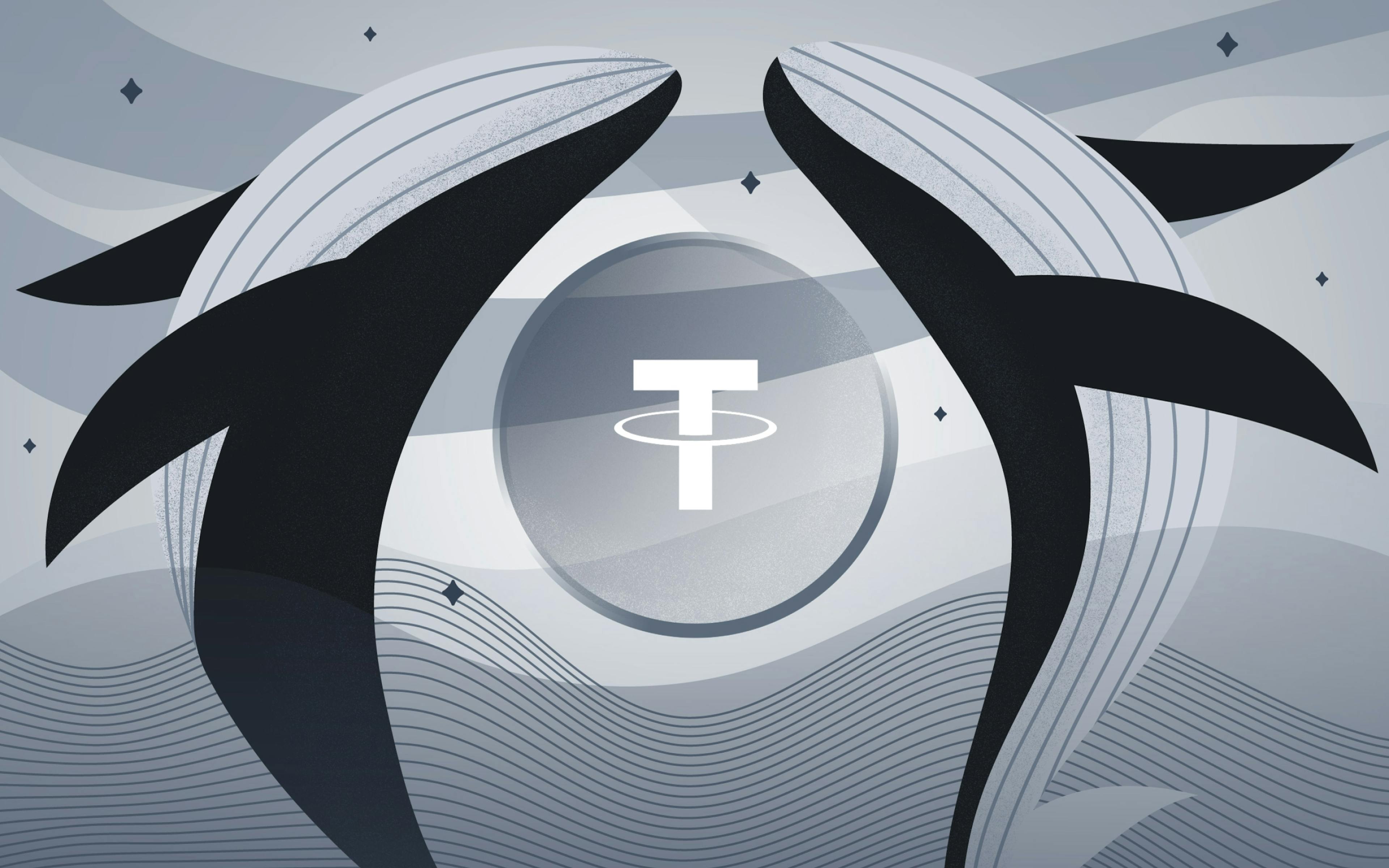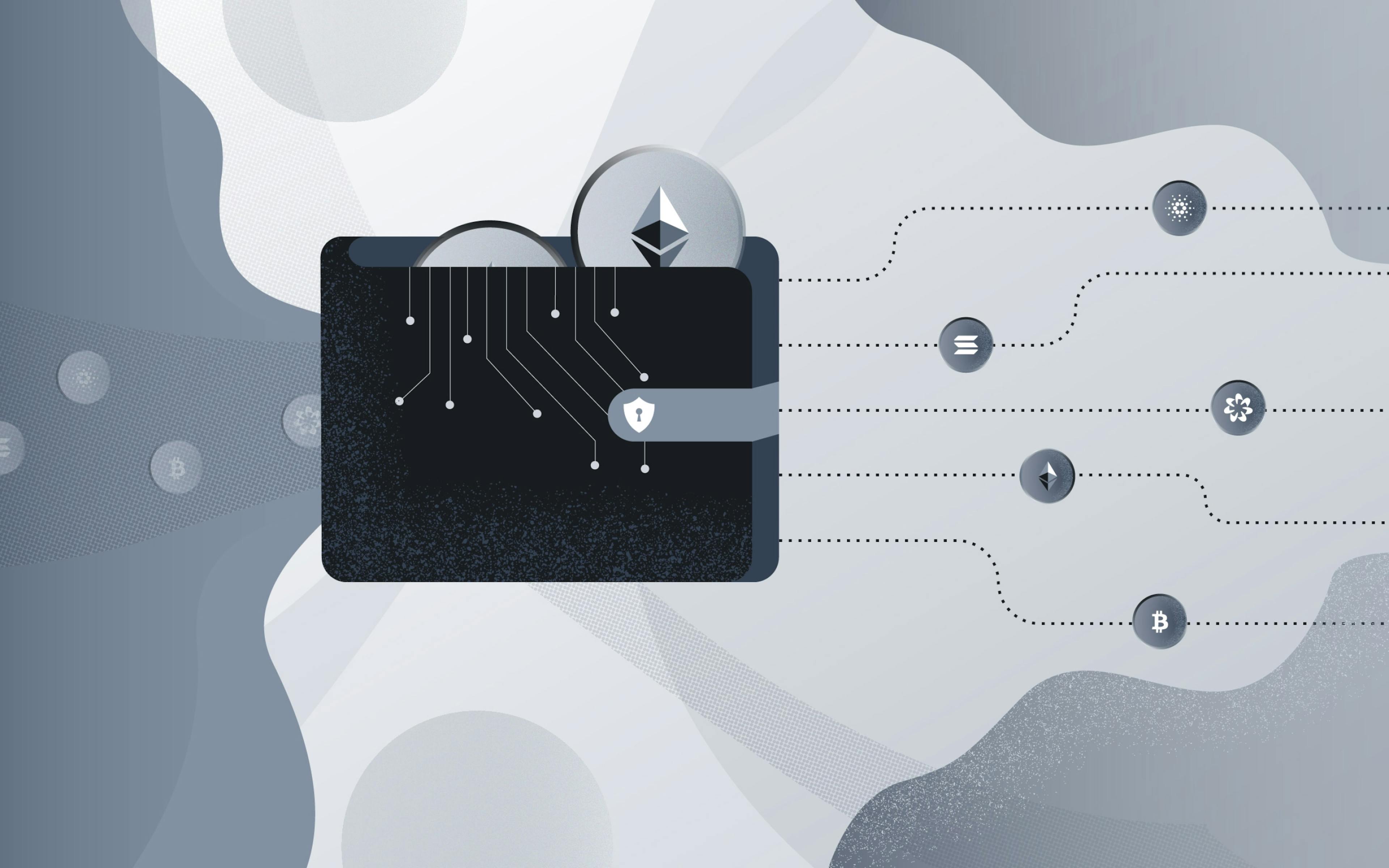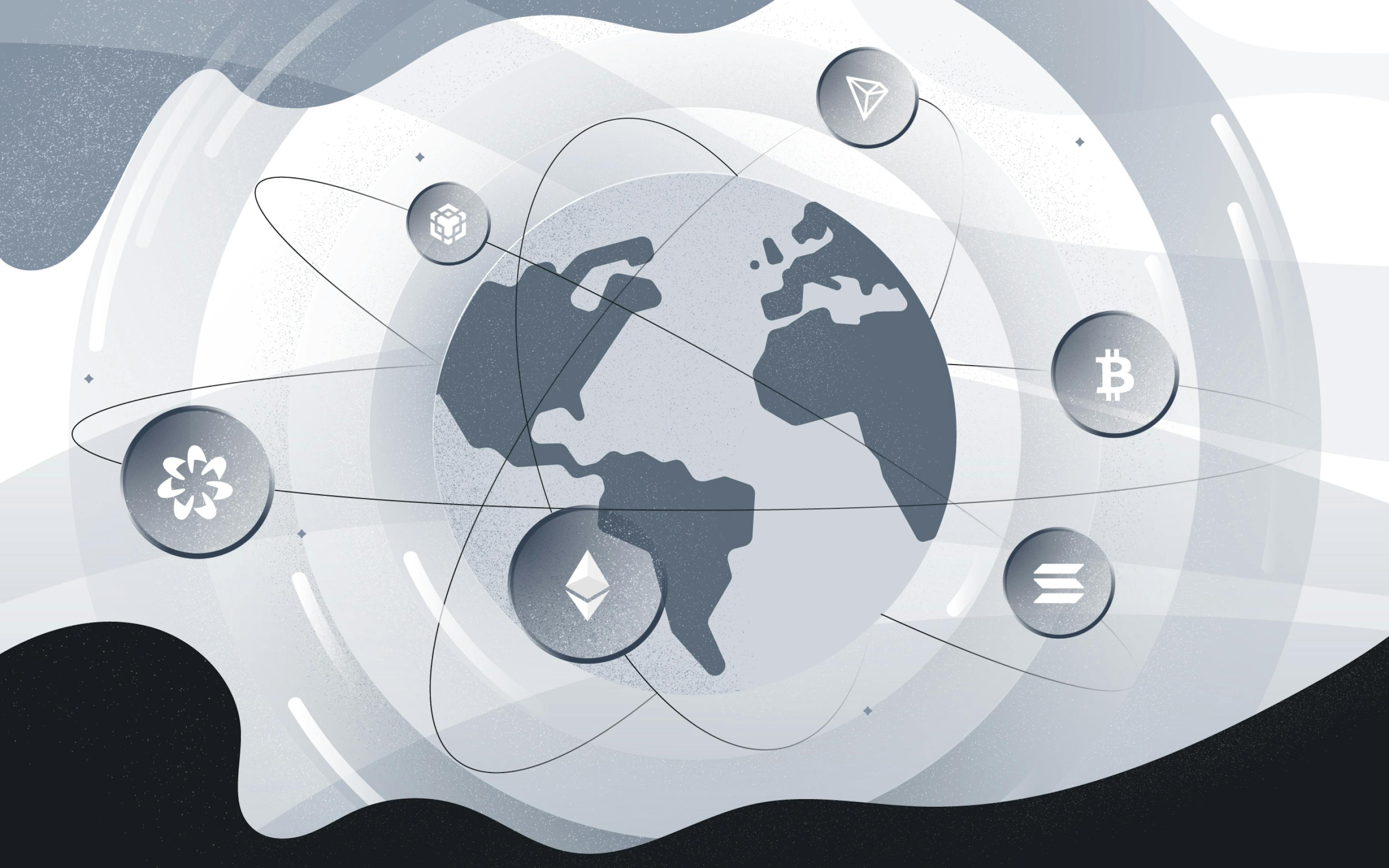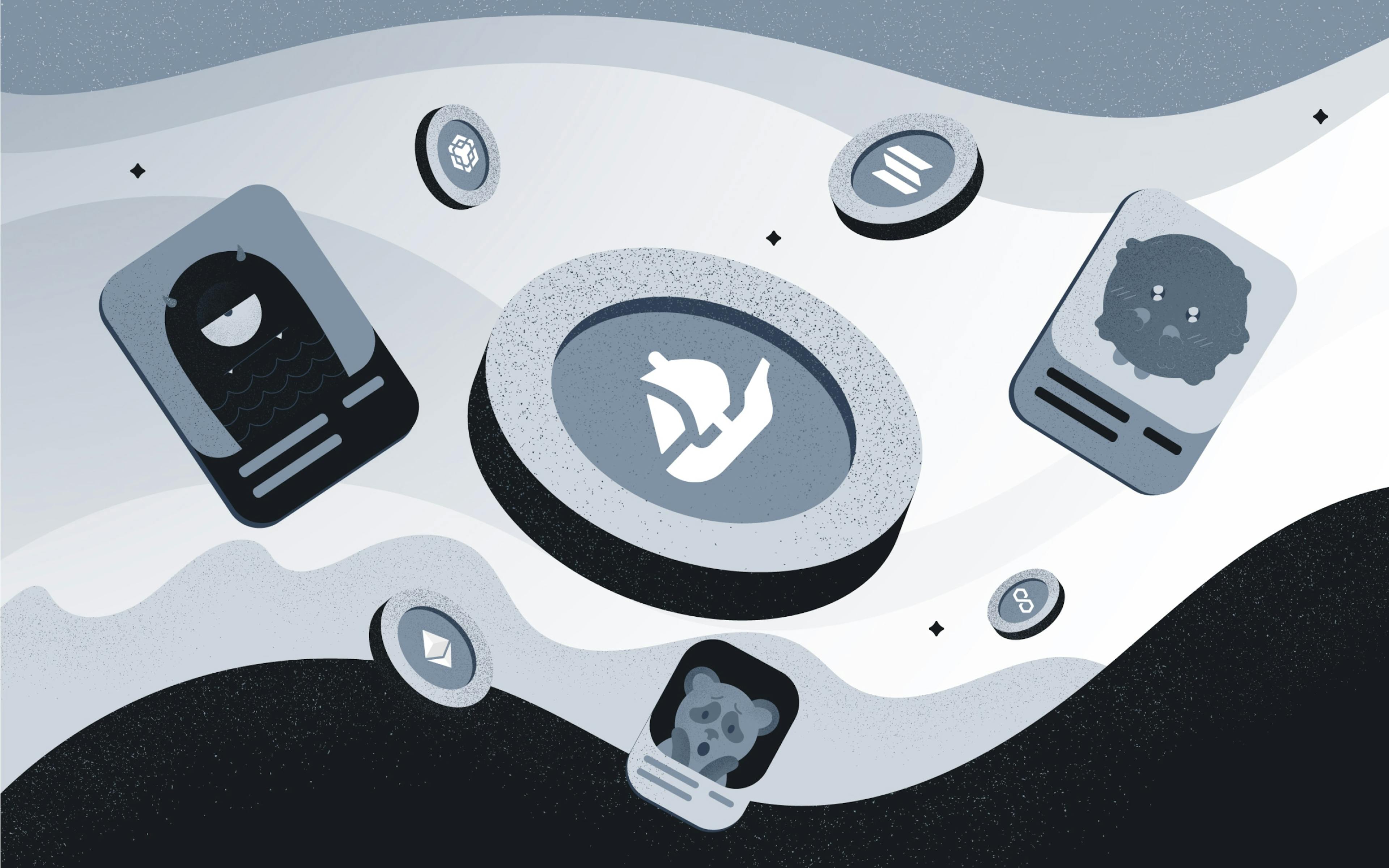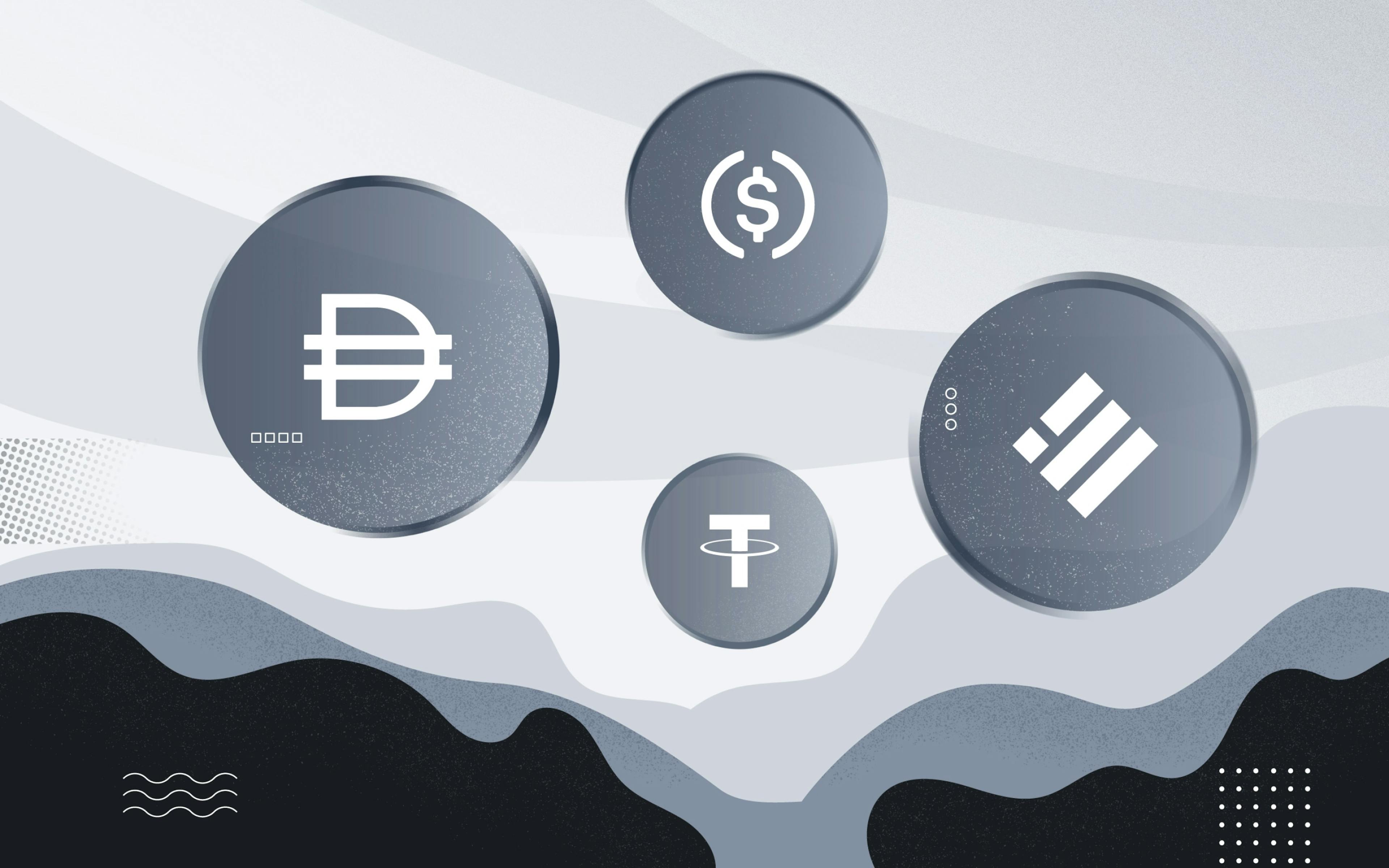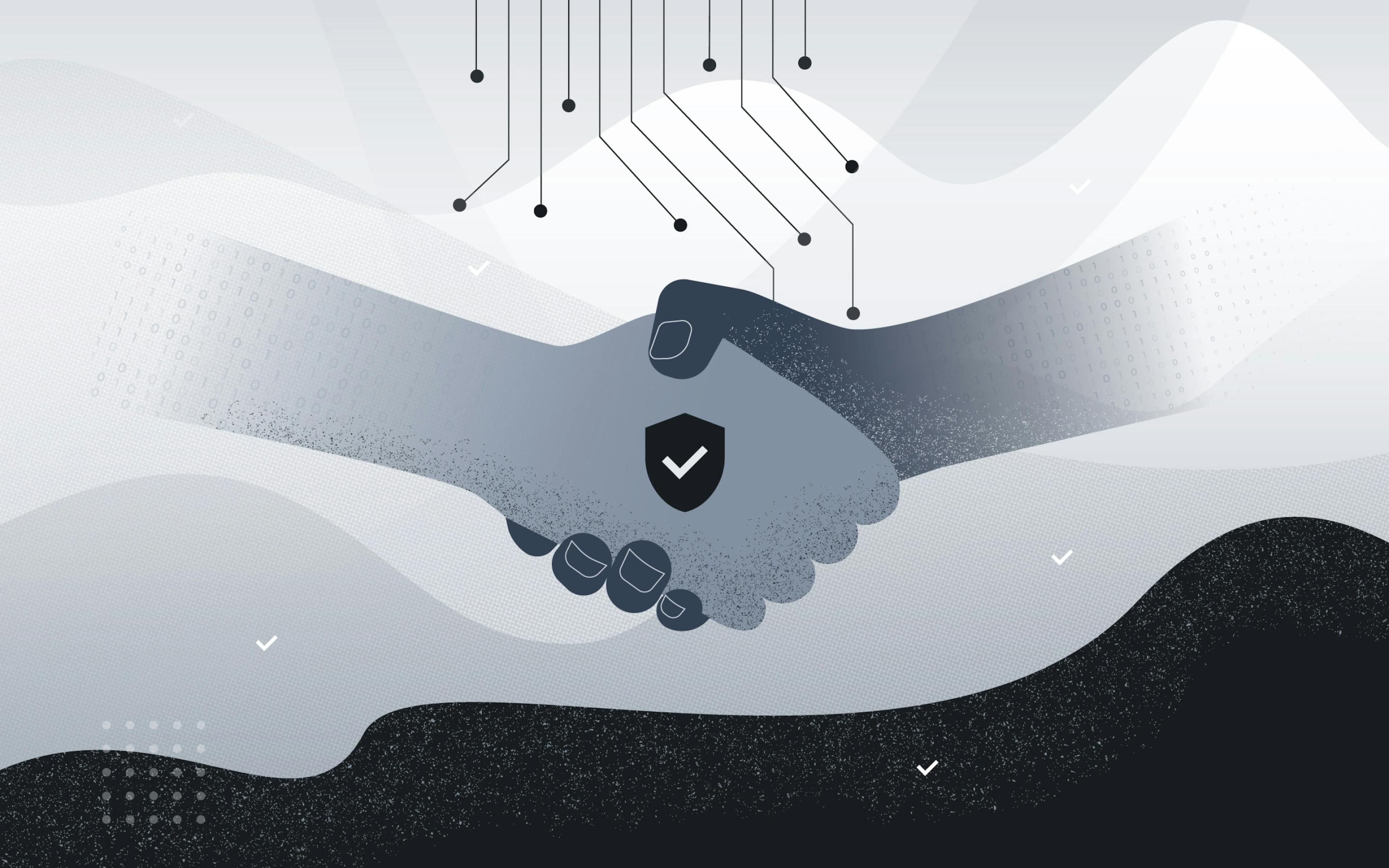*Eligibility for Worldcoin (WLD) tokens is restricted based on geography, age, and other factors. WLD are not available to, or intended for, people, companies or organizations who are residents of, or are located or incorporated in the United States or certain other restricted territories (or have beneficial ownership in the United States or such other restricted territories). However, World ID and TFH’s World App remain available in the United States. For details, go to: https://world.org/legal/user-terms-and-conditions. Crypto products can be highly risky. Important User Information can be found at https://world.org/risks.
